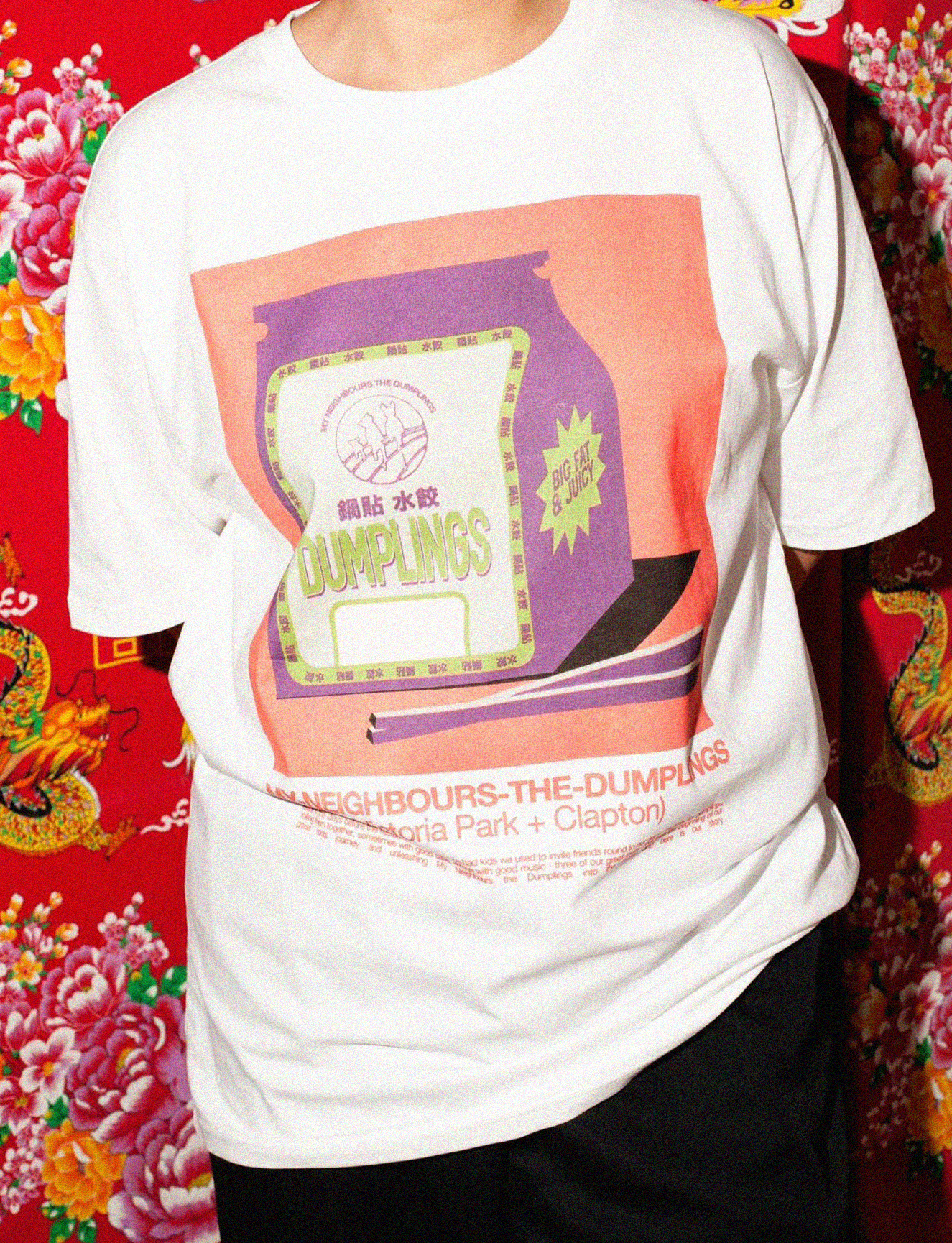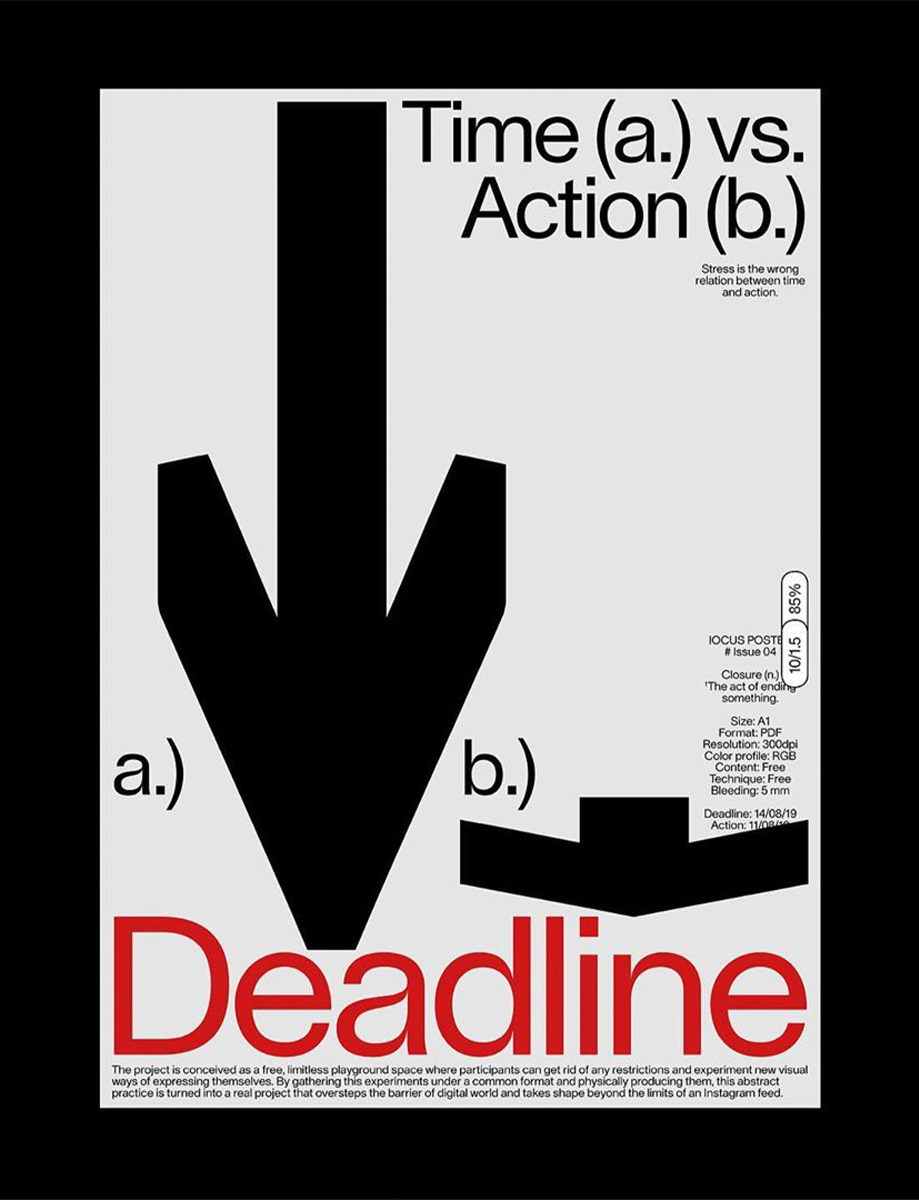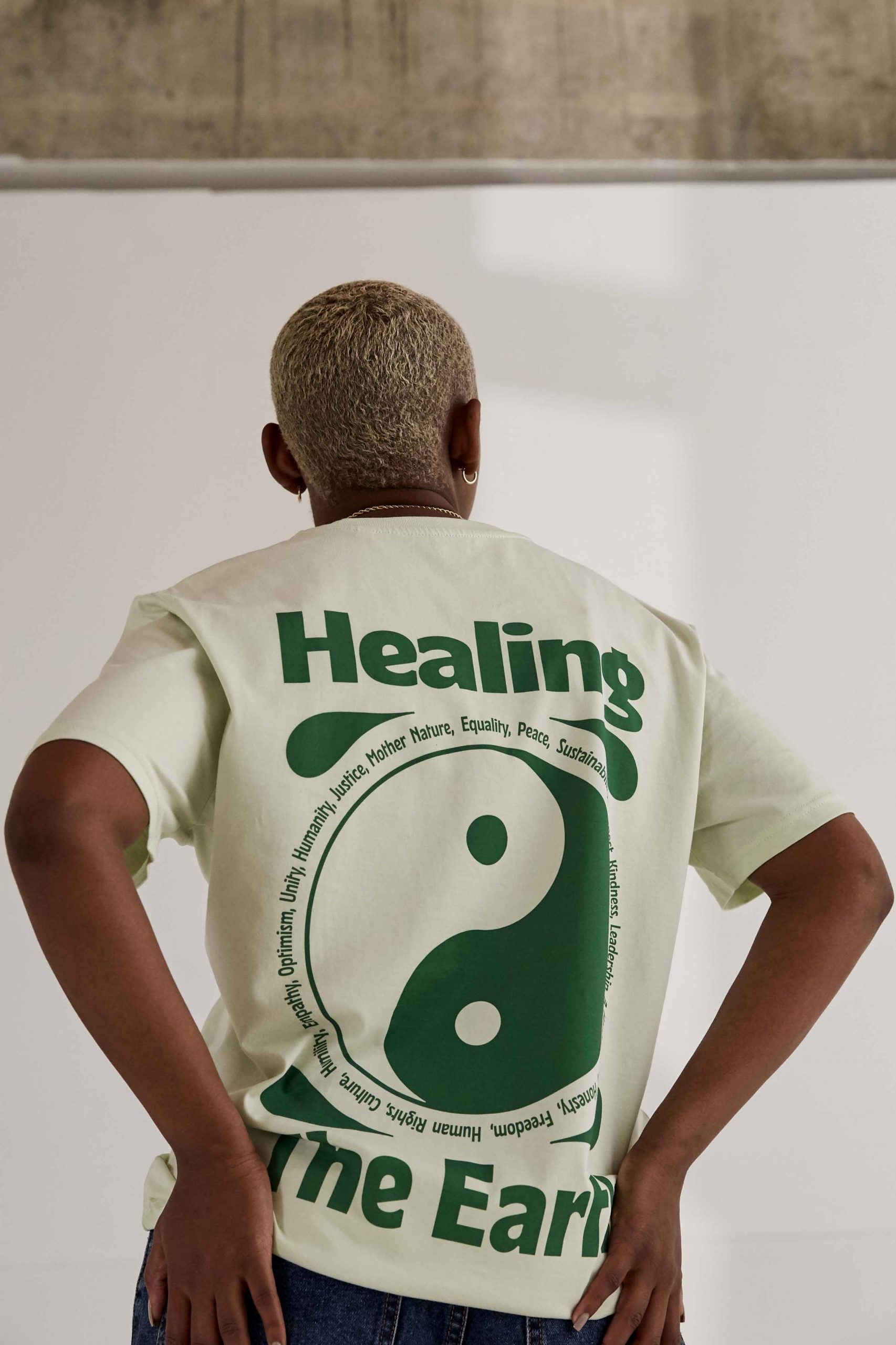What made you want to open the restaurant and how long has it been going?
Ten years ago now, me and my partner Becca started hosting dumpling rolling nights at our flat. People would come round, we’d make cocktails and we’d all roll dumplings and cook them up. I suppose before that I was quite interested in opening up a restaurant, and with my partner coming from an Asian background, she was quite keen on doing dumplings. So we kind of kick-started this in our flat, and it was really fun and really well received.
Was it daunting to start a business in an industry that you didn’t necessarily have a lot of experience in?
I think it’s more daunting now, if you said to us today, “Would you open a restaurant here?” Now that we know what it involves, it is actually more daunting. At the time I suppose it was daunting, spending money that we didn’t really have, but we really just went into it headfirst. We were also ten years younger then, and I suppose we had the attitude that, if other people can do it then we can do it.
We really just went into it headfirst
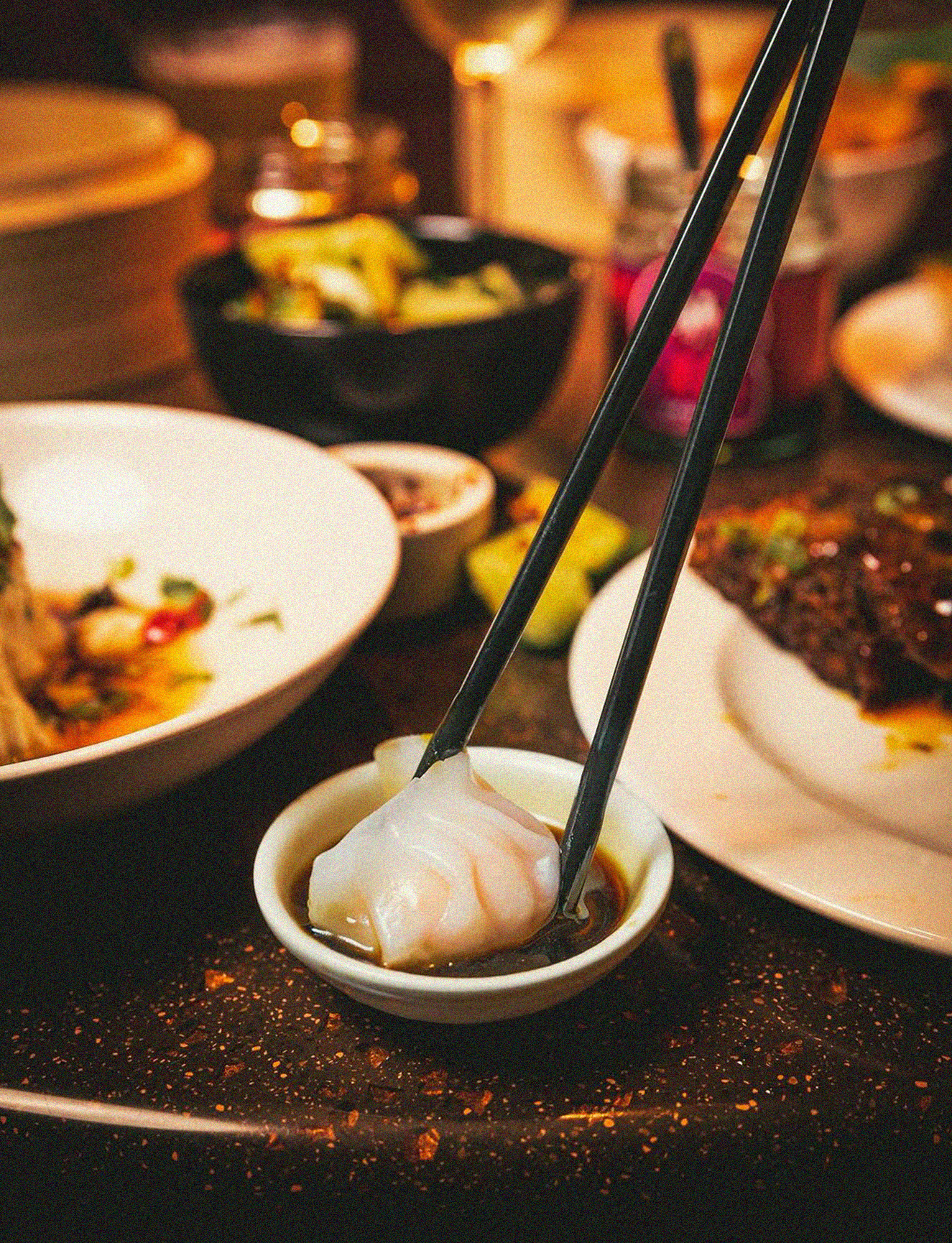
Do you sometimes think that the less you know about something, the more confidence you can have in it, which can be a good thing?
I think so, depending on the person, of course. For us, we had no idea what opening a restaurant cost. My partner and I started doing popups above Palm 2 Deli, in Clapton, and the popups were very hard – it’s hard to take all your kitchen equipment up there and set up every week as we did. But it gave us an idea of whether there was any appetite for what we were doing. For the first one my partner and I were running around Clapton handing out these little flyers we’d made up for the event, with no idea how many people would come. It turned out to be really busy, and we were overwhelmed in every respect. The following week we did it again, and about a year and a half after that we found the site for our first restaurant, over the road in Clapton.
How is it to work with a partner in such a stressful industry?
It’s great. I think if you really listen to each other, and you work out where each of you stands and what each of you can bring to the table and also just appreciate each other, then it works. Something that we learned, which I would probably tell any couple doing the same thing, is that when it comes to decisions that you’re both torn over then the key is to talk it through until you choose which direction to go in. That helps avoid ending up in that middle ground where maybe neither of you are happy with the decision, or you can’t fully commit to the decision that’s been made because you always felt ambivalent.
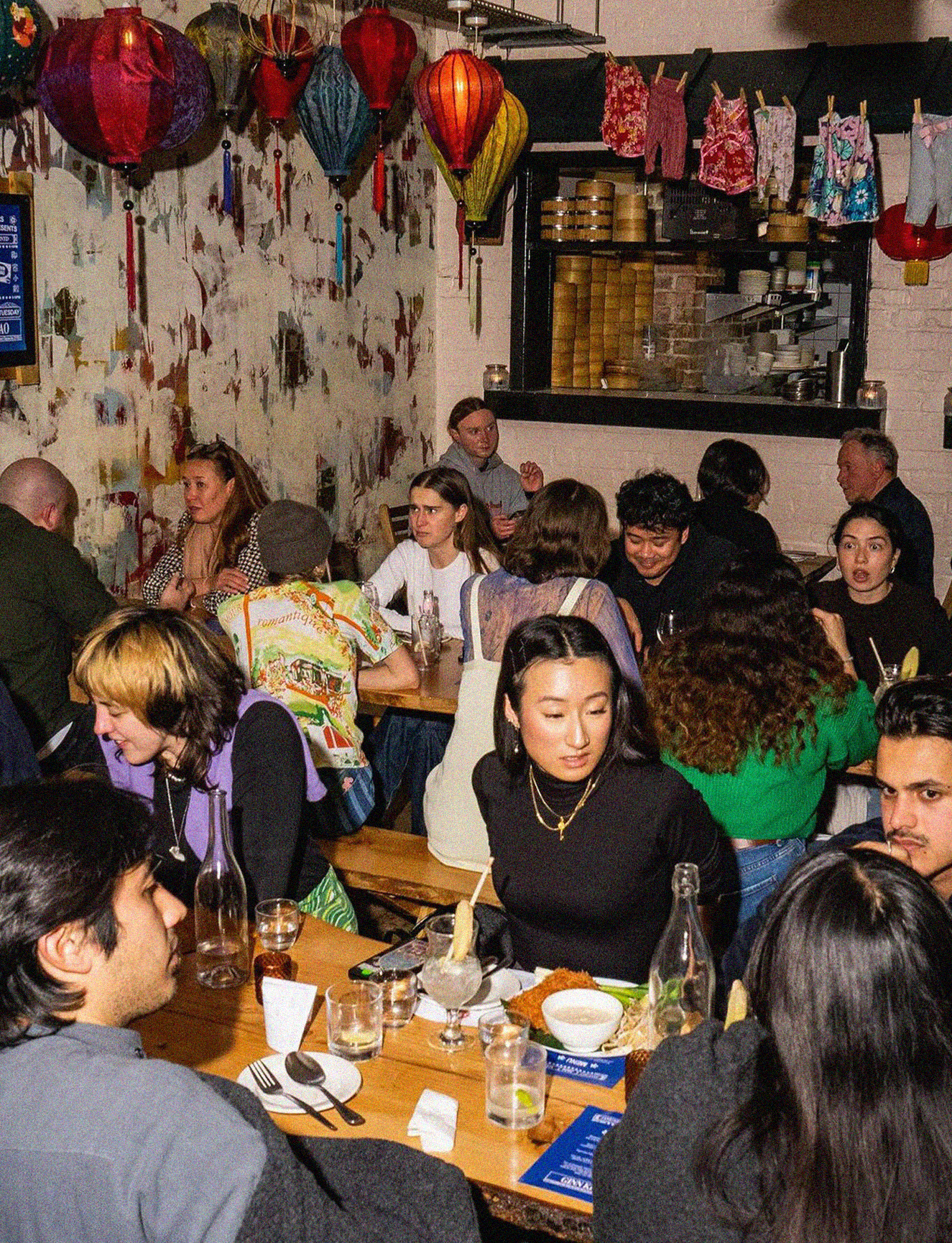
You’ve been open for ten years now. How has the London food scene changed over the last decade?
I used to go to restaurants in New York and the music was loud, they opened late, there was just a different atmosphere to what was happening in London at the time. When we started, we tried to create a very adult, colourful venue, with the music, all of it. I think that was fairly new at that point. Over the years I’d say that people have been really focusing on getting the atmosphere right, which is great, and I think that’s a huge part of eating out.
The key is to talk it through
I remember the first time a restaurant opened up over the road from us. This was a long time ago now, when we were still trying to establish our business, and you do get quite worried when something comes up that’s slightly similar. Now there’s maybe five or six really good Asian restaurants on the street, and I think it’s good for everyone, I think it brings people to the area.
This question is perhaps more for your partner, but I’m interested in how you balance a respect for the culinary traditions of her heritage with doing something that feels original and exciting?
I mean I can’t answer this for her, but from an outsider’s perspective, her mother is from Hong Kong, and for her mother and her family, it’s all about food. The family grew up on a farm and the central point of the house is this huge dinner table that they have in the kitchen. I don’t think it was ever the case that her mother only cooked Asian food; she cooks a huge variety, so I think for my wife she never felt she wasn’t being true to something. Food for us is creating something that you enjoy.
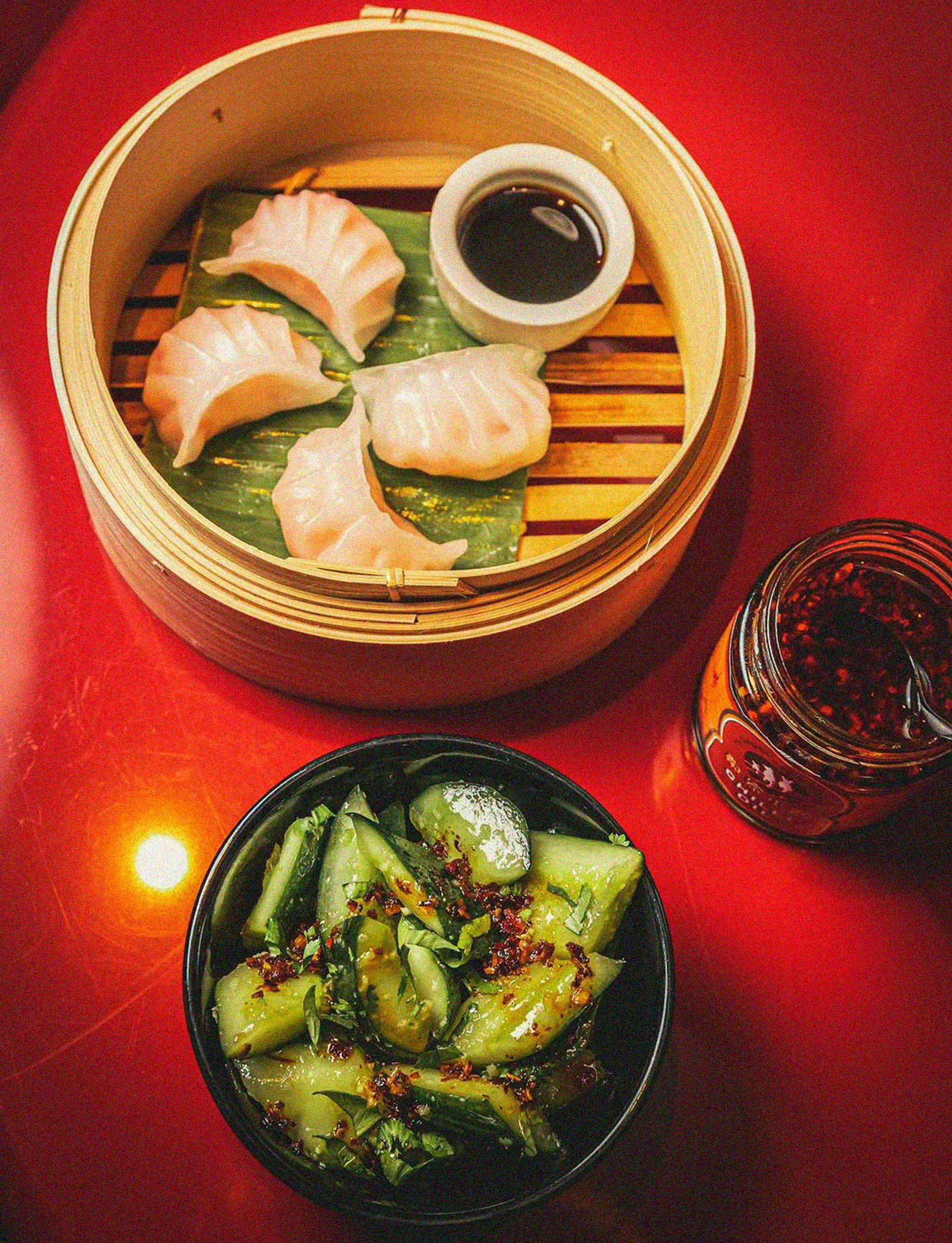
How important do you think a strong visual identity is for restaurants today?
For a neighbourhood restaurant like us, I think the imagery needs to make sense with the feel of the restaurant, and what you’re trying to achieve. You get that first shot at making an impression with the name and the imagery, before anyone even comes down to the restaurant. In terms of the restaurants that do it really well, you know exactly what you’re eating and what kind of experience you will have before you even go into the restaurant.
What do you think makes a great neighbourhood restaurant?
I don’t think there is one thing and I think that’s what’s lovely about neighbourhood restaurants: the spectrum. With ours we’ve got the bustle of friendly staff and it’s very colourful. Especially in terms of our first site, when we built that site we had no money, so it’s not a slick or flashy sort of site, it’s friendly.
What for you is the biggest challenge of running a restaurant?
I think it’s so hard for people to really appreciate just the costs of everything. Every couple of months something comes along, and then there’s always things like the rising costs in utilities. The list can go on and on; when we started working on our second site, Brexit was announced, and that of course led to a lot of staff leaving.
This wave comes every night
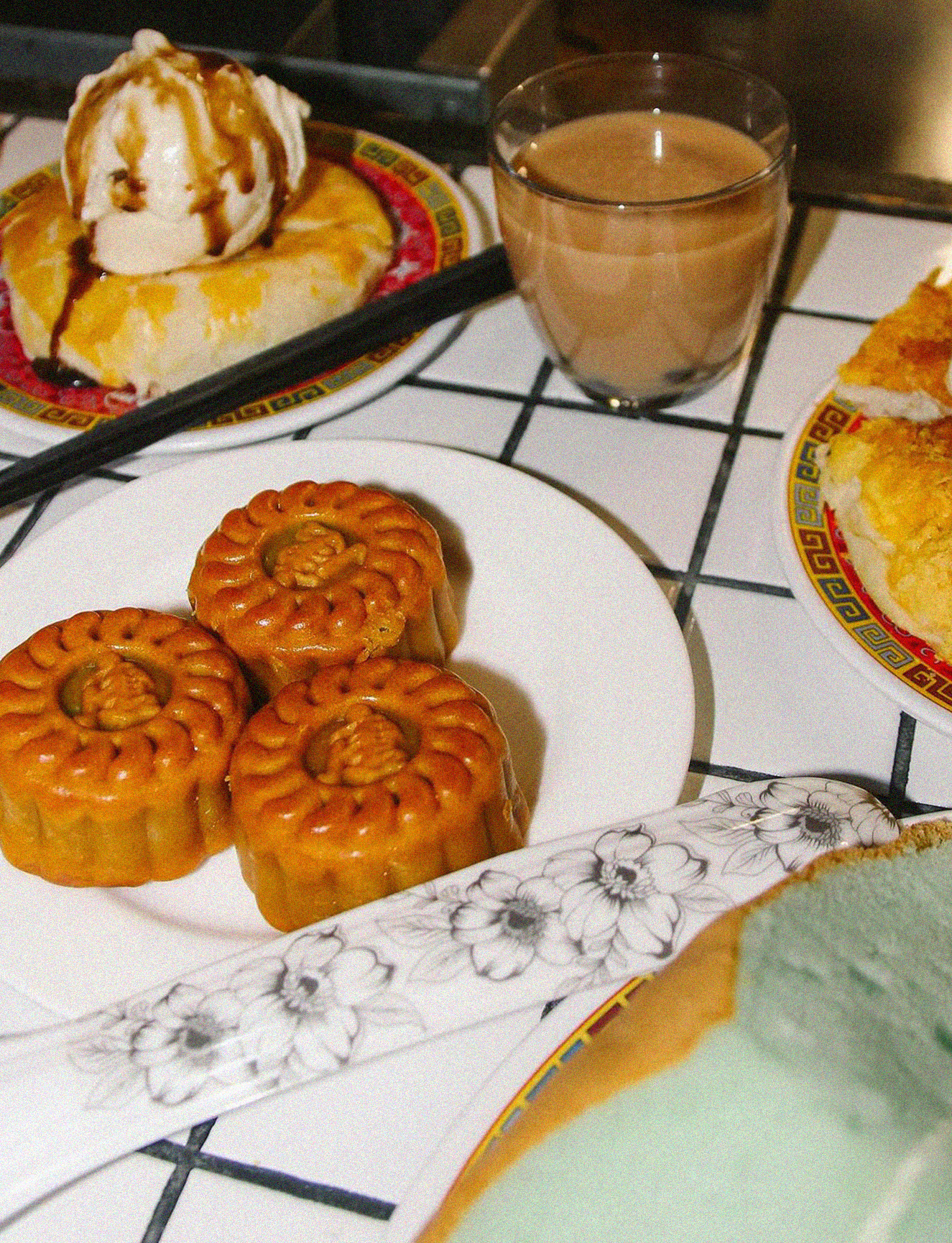
I suppose you go to bed every night with a report of what’s happened in the day, and you need to process that so that you have answers for everyone in the morning. So it’s very hard to switch off, whether you’re on site or not on site. We’re very lucky to have a great team, and that also means keeping morale up for everybody when something does go wrong.
It’s a tough industry, and it can be really fun as well. Being in a kitchen, this wave comes every night, where things get to the point where you think, ‘This is breaking.’ Then you come off the back of that, and everything starts to slowly calm down again. It’s a really insane feeling, but I have it every night.
What is the most rewarding thing about running a restaurant?
The feedback. And also, I think when we’ve had people leave over the years, the fact that they’ve always still come back to the restaurant, and that they’ve still been very supportive. Building great relationships with people over the years, I think that’s probably been the most rewarding thing.
Read More: Tatyana Alanis Tries Everything



